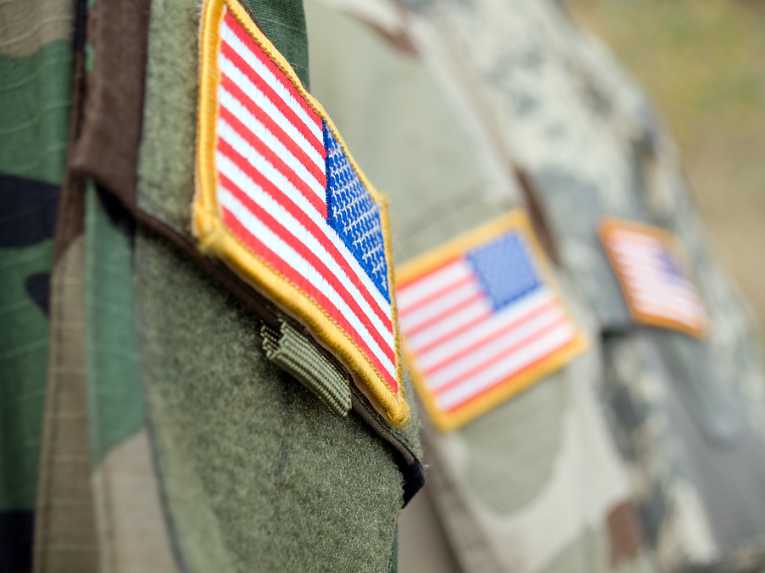Since the First Gulf War, veterans have complained of mysterious illnesses which many believe are the result of exposure to chemical weapons and now scientists have found evidence of blood flow abnormalities in the brains of these veterans.
The research from the Departments of Internal Medicine and Clinical Sciences at the University of Texas (UT) Southwestern Medical Centre in Dallas was led by Robert W. Haley, M.D. the chief of epidemiology. The results are published in the online journal Radiology.
He said: "We confirmed that abnormal blood flow continued or worsened over the 11-year span since first being diagnosed, which indicates that the damage is ongoing and lasts long term. We also identified a special MRI procedure that better diagnoses and distinguishes between the three main types of Gulf War illness."Gulf War illness (usually called Gulf War syndrome in the UK) affects a quarter of the American troops deployed in the war against Saddam Hussein in 1991. The symptoms include: fatigue, neuropathic pain, memory and concentration problems, impaired balance and depression.
Researchers believe that Gulf War illness sufferers have suffered damage to the hippocampus, the part of the brain that deals with our long-term memory and spatial awareness. As early as 1998, Dr. Haley's team was looking at hippocampal blood flow in veterans who complained of Gulf War Syndrome.
Now they have used a new and more sensitive technique called ASL scanning, to measure blood flow in the brain in 48 patients, 35 of whom suffered from one of the three recognised syndromes associated with Gulf War illness.
"ASL scanning after giving this medication is particularly well suited to diagnosing Gulf War illness, because it picks up brain abnormalities too subtle for regular MRI to detect," said co-author Richard W. Briggs, Ph.D., professor of radiology at UT Southwestern. "This allows us to make the diagnosis in a single two-hour session without the need for exposure to ionizing radiation."
The team now believe that have a good diagnostic test for Gulf War illness which can help to select patients for clinical trials of treatments.
Top Image Credit: © Dragunov1981










